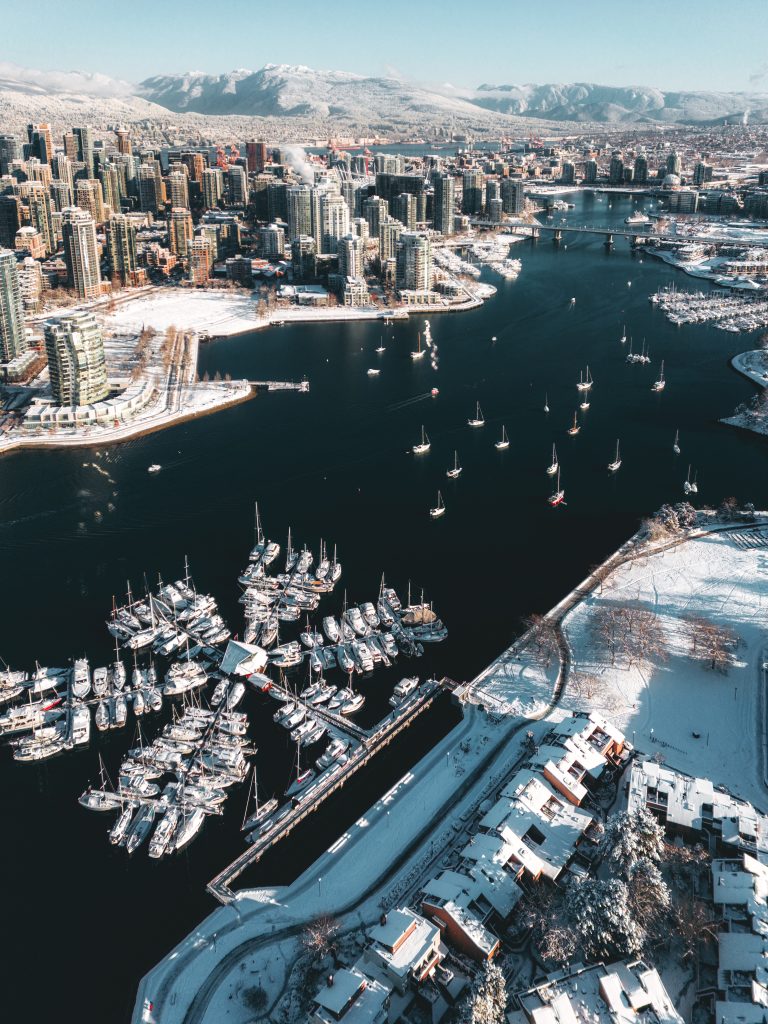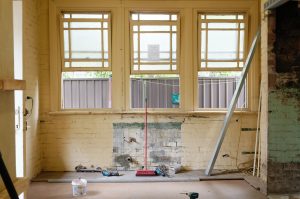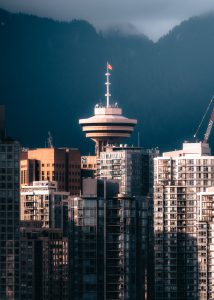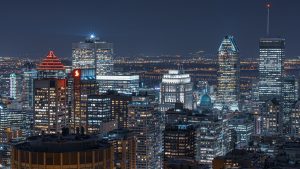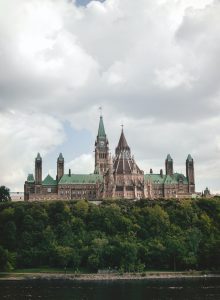Vancouver, one of Canada’s most vibrant and sought-after cities, has been in the global spotlight for its soaring real estate market. Beyond its picturesque landscapes and diverse culture, Vancouver’s property market has experienced unprecedented growth, partly attributed to foreign investment. This article delves into the factors and implications of foreign investment on Vancouver’s real estate market, shedding light on how this phenomenon has shaped the city’s housing landscape.
The Role of Foreign Investment:
Foreign investment has played a significant role in Vancouver’s real estate boom over the past decade. With its reputation as a safe haven for investors, the city has attracted substantial capital inflows from overseas buyers, particularly from China and other Asian countries. The city’s stable economy, quality education, and pleasant living environment have made it an appealing destination for foreign investors seeking both a potential financial return and a better quality of life.

One of the most notable impacts of foreign investment on housing prices in Vancouver is the surge in demand. The city’s stunning natural beauty, strong economy, and diverse cultural scene have made it a magnet for investors from around the world. The influx of foreign buyers has created an increased demand for housing, resulting in a surge in property prices. As these buyers compete for limited inventory, local residents often find themselves priced out of the market, leading to affordability challenges for many.
Moreover, foreign investment has also contributed to the appreciation of luxury properties in Vancouver. High-net-worth individuals from abroad seek out prestigious real estate in prime locations, driving up prices in exclusive neighborhoods. As a result, luxury properties in areas like West Vancouver, Point Grey, and Shaughnessy have seen remarkable appreciation over the years. While this has been advantageous for property owners in these areas, it has also intensified affordability concerns for those seeking entry into the real estate market.
On the other hand, the impact of foreign investment is not solely limited to high-end properties. It also extends to the condominium market, where foreign buyers have shown increasing interest. This has influenced the demand and prices for condos, especially in downtown Vancouver and its surrounding neighborhoods. As a result, the condo market has experienced steady growth, attracting investors seeking to capitalize on the city’s robust rental market and potential for high returns.
Another significant impact of foreign investment on Vancouver’s real estate market is the effect on housing supply. As foreign buyers acquire properties for investment purposes or as second homes, these units may remain vacant for extended periods. This phenomenon, known as “ghost homes,” has raised concerns about housing vacancy rates and its impact on housing availability for local residents. In response, the government has introduced various measures to curb speculation and address the issue of empty homes.
Impact on Housing Prices:
The influx of foreign investment has had a substantial impact on Vancouver’s housing prices, leading to skyrocketing property values and making the city one of the most expensive places to own real estate in Canada. While this has been a boon for property owners, it has also posed challenges for local buyers and renters, contributing to a housing affordability crisis.
Housing Market Imbalances:
Foreign investment has been a driving force behind the demand-supply imbalances in Vancouver’s real estate market. High demand from foreign buyers has led to increased competition for properties, resulting in bidding wars and rapid price appreciation. This surge in demand has outpaced the rate of new housing construction, exacerbating the housing shortage and further driving up prices.
Government Interventions:
To address the growing concerns over housing affordability and market speculation, the Canadian government and local authorities have implemented various measures to curb foreign investment. One such measure includes the Foreign Buyer’s Tax, which levies additional charges on properties purchased by non-resident buyers. These interventions aimed at cooling the market have shown some effect, albeit not entirely eliminating the influence of foreign investment.

Economic Impact:
Foreign investment in Vancouver’s real estate market has had far-reaching economic implications. The surge in property prices has led to increased property tax revenues for the city, which in turn has been invested in infrastructure development and public services. However, the high cost of housing has also impacted the city’s workforce, making it challenging for some residents to afford living in the city where they work, potentially leading to a labor shortage.
Social Impact:
The influence of foreign investment has extended beyond economics, impacting the social fabric of Vancouver. As property prices soar, local residents, especially young professionals and families, find it increasingly difficult to enter the real estate market. This has led to debates surrounding the idea of “hollowed-out neighborhoods,” where homes are purchased as investments but remain vacant for a significant part of the year.
Encouraging Balanced Growth:
While foreign investment has undoubtedly contributed to Vancouver’s real estate market, it is essential to focus on fostering balanced growth and long-term sustainability. Strategies to achieve this include increasing the supply of affordable housing, promoting responsible real estate investment, and encouraging urban densification to make efficient use of available land.
Vancouver’s real estate market is a tapestry woven with threads of domestic and foreign investment. The influence of foreign investment has undoubtedly left a mark on the city’s housing landscape, leading to soaring prices and demand-supply imbalances. As Vancouver continues to evolve, striking a balance between foreign investment and local housing needs remains paramount for creating a thriving and sustainable real estate market.

